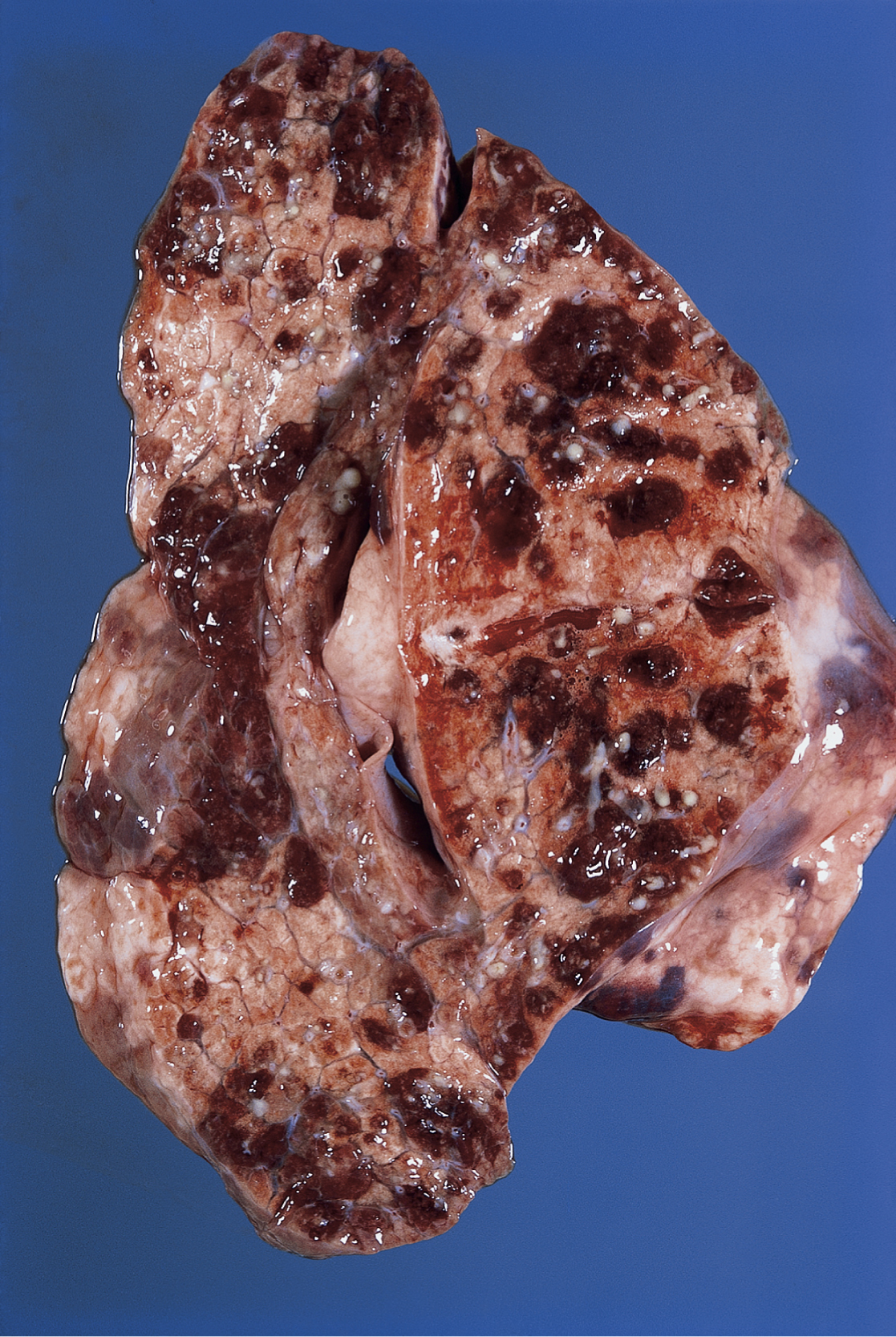cystic fibrosis (CF), an inherited autosomal-recessive disorder of the exocrine glands, causing those glands to produce abnormally thick secretions of mucus, elevation of sweat electrolytes, increased organic and enzymatic constituents of saliva, and overactivity of the autonomic nervous system. The glands most affected are those in the pancreas and respiratory system and the sweat glands. Also called fibrocystic disease of the pancreas, mucoviscidosis. ▪ OBSERVATIONS: The earliest manifestation is meconium ileus, an obstruction of the small bowel by viscid stool. Other early signs are a chronic cough, persistent upper respiratory infections, and frequent, foul-smelling stools. The most reliable diagnostic tool is the sweat chloride test, which shows elevations of levels of chloride. ▪ INTERVENTIONS: Because there is no known cure, treatment is directed at prevention of respiratory infections, which are the most frequent cause of death. Mucolytic agents and bronchodilators are used to help liquefy the thick, tenacious mucus. Physical therapy measures, such as postural drainage and breathing exercises, can also dislodge secretions. Broad-spectrum antibiotics may be used prophylactically. Surgery may be indicated for some cases that cannot be treated effectively with medications. Heart-lung and double-lung transplantations have been successful. ▪ PATIENT CARE CONSIDERATIONS: Cystic fibrosis is usually recognized in infancy or early childhood, chiefly among Caucasians. Life expectancy in cystic fibrosis has improved markedly over the past several decades, and with early diagnosis and treatment most patients can be expected to reach adulthood.

